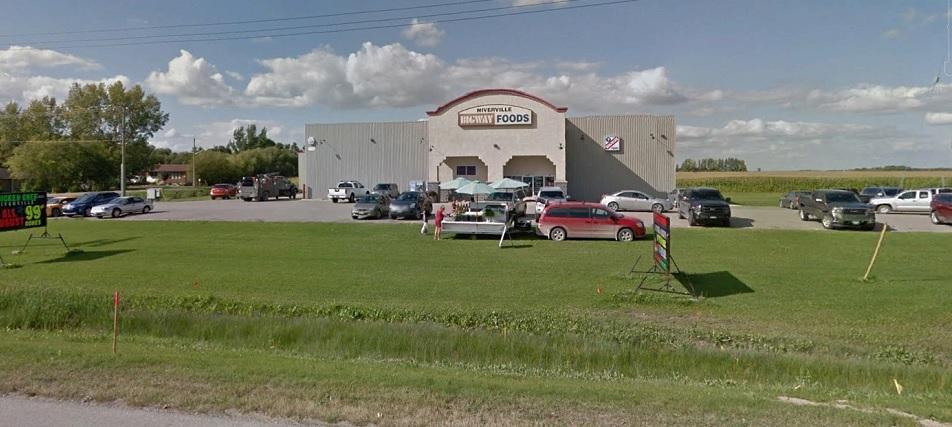John Schmitke of Niverville Bigway is as surprised as anyone with the sudden high demand for grocery staples that stores have been experiencing in the past couple of weeks. But in the midst of it, he and his staff have been doing their utmost to keep up with the parade of local customers.
While Friday is usually a day for new shipments of groceries at Bigway, Schmitke wants his customers to know that it will be delayed by one day this week. By Saturday, he says, shelves will once again be seeing fresh stock.
The delay, he says, is a result of grocery warehouses that have been inundated with larger than usual orders from virtually every store in the province, making it difficult for pickers to fill orders as quickly as they did before.
“Their workload has tripled from what’s expected,” Schmitke says. “So they can’t pick the orders fast enough to get them out on time. It all happened so fast that there was no way to scale the workforce to meet [the sudden demand].”
Similarly, grocery store staff are working harder than ever to keep the shelves stocked—and Schmitke is proud of the way his staff have stepped up.
“The staff at [Niverville Bigway] have been amazing,” Schmitke says. “They’ve been working very hard and picking up a lot of extra shifts to try to make sure that people are getting what they need.”
Schmitke feels there’s an important distinction to be made here, though, between food shortages and higher than usual consumer demand that’s putting a temporary strain on the food supply chain. There is no food shortage, he says.
Like most stores, there are a handful of items that appear to be in higher demand than others, and these are the items that have been consistently running low in the past few weeks.
One of these highly sought-after commodities is, of course, toilet paper.
So in an attempt to keep supplies coming, Schmitke has had to order outside of the usual brands and price points his customers are accustomed to finding at his store. In the end, he hopes shoppers will be glad just to find product and understand that, soon enough, things will return to normal.
“So far most people have been really good about it,” Schmitke says. “They’ve been very understanding when they come in and they may not be able to get exactly what they want.”


